How the Queen would announce nuclear war
‘Not for a single moment did I imagine that this solemn and awful duty would one day fall to me,’ reads Cold War draft speech
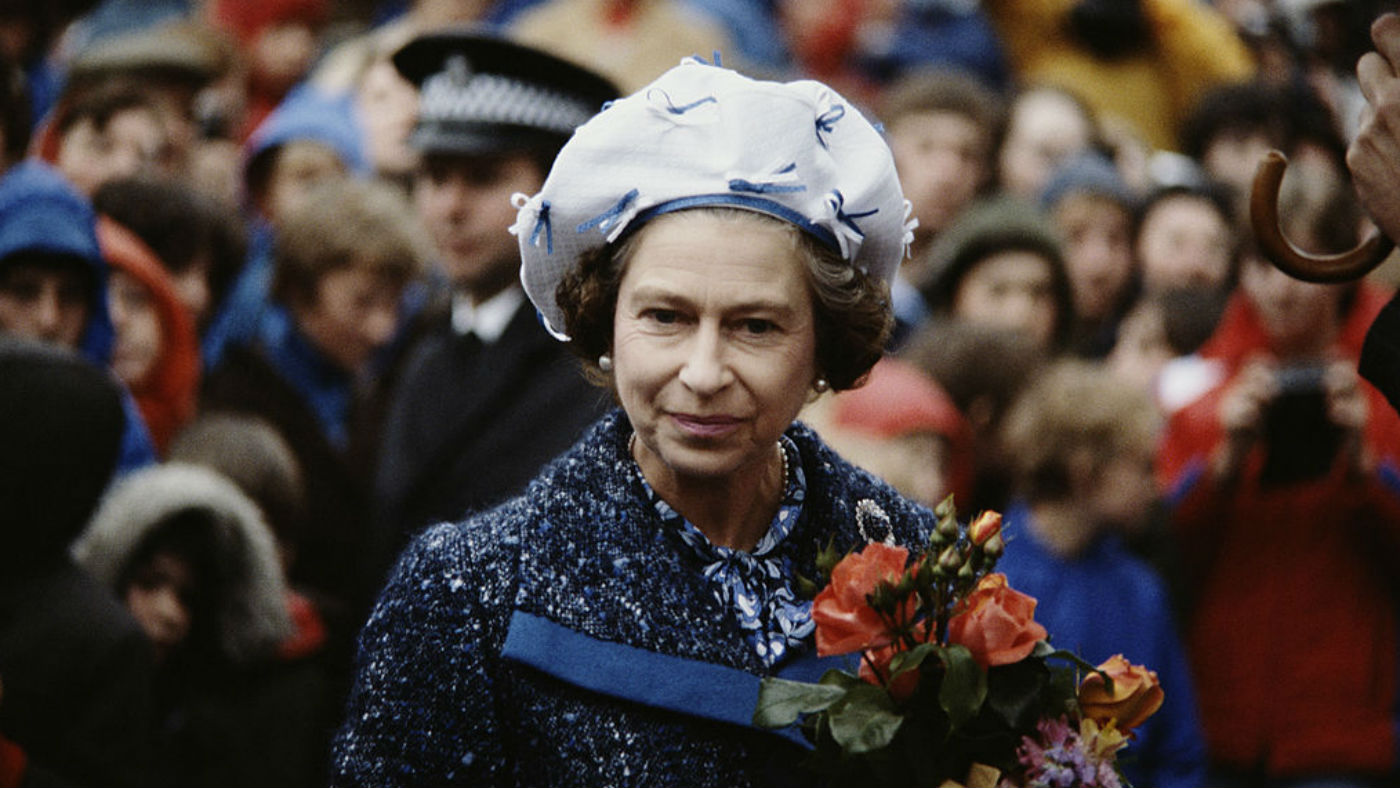
A free daily email with the biggest news stories of the day – and the best features from TheWeek.com
You are now subscribed
Your newsletter sign-up was successful
A Cold War-era speech to have been given by the Queen in the event of a nuclear attack on the UK is going on public display this week for the first time.
Written in 1983, the address - nicknamed “Ma’amageddon” by civil servants - was part of a number of plans “mocked up in Whitehall while the world still lived in fear of an apocalyptic conflict between the US and Russia”, says The Sun.
In another scenario, hard-left politician and then-Labour leader Michael Foot would have been taken into police custody at a peace rally alongside Archbishop of Canterbury Robert Runcie, according to the Daily Mail.
The Week
Escape your echo chamber. Get the facts behind the news, plus analysis from multiple perspectives.

Sign up for The Week's Free Newsletters
From our morning news briefing to a weekly Good News Newsletter, get the best of The Week delivered directly to your inbox.
From our morning news briefing to a weekly Good News Newsletter, get the best of The Week delivered directly to your inbox.
The Queen’s chilling address opens with a reference to the Second World War that reads: “I have never forgotten the sorrow and the pride I felt as my sister and I huddled around the nursery wireless set listening to my father’s inspiring words on that fateful day in 1939.
“Not for a single moment did I imagine that this solemn and awful duty would one day fall to me.”
The draft address ends on a positive note, however, urging Brits to take care of one another in the dark days ahead.
“Help those who cannot help themselves, give comfort to the lonely and the homeless and let your family become the focus of hope and life to those who need it,” Her Majesty would have said, before signing off with: “God bless you all. ”
A free daily email with the biggest news stories of the day – and the best features from TheWeek.com
The document is going on view at a new exhibition, called Britain’s Cold War Revealed, at the National Archives in London. The show opens on Thursday, the 70th anniversary of the formation of Nato, and runs until the end of November 2019, marking 30 years since the fall of the Berlin Wall.
Other original documents from the period going on display include political memos, spy confessions, civil defence posters and Churchill’s “naughty document” - a handwritten report outlining the then-prime minister’s plans to carve up Europe with Russian leader Josef Stalin.
The secret pact was written as the Allies closed in on Nazi Germany in 1944, and lists countries and the percentages of them that the Russia and the Western allies would claim.
“The pervasive threat of nuclear war impacted everyday life for millions of people and this thought-provoking exhibition will offer a unique look into political and ideological tensions between the East and West,” says exhibition curator Mark Dunton.
-
 What to know before filing your own taxes for the first time
What to know before filing your own taxes for the first timethe explainer Tackle this financial milestone with confidence
-
 The biggest box office flops of the 21st century
The biggest box office flops of the 21st centuryin depth Unnecessary remakes and turgid, expensive CGI-fests highlight this list of these most notorious box-office losers
-
 The 10 most infamous abductions in modern history
The 10 most infamous abductions in modern historyin depth The taking of Savannah Guthrie’s mother, Nancy, is the latest in a long string of high-profile kidnappings
-
 Cuba's mercenaries fighting against Ukraine
Cuba's mercenaries fighting against UkraineThe Explainer Young men lured by high salaries and Russian citizenship to enlist for a year are now trapped on front lines of war indefinitely
-
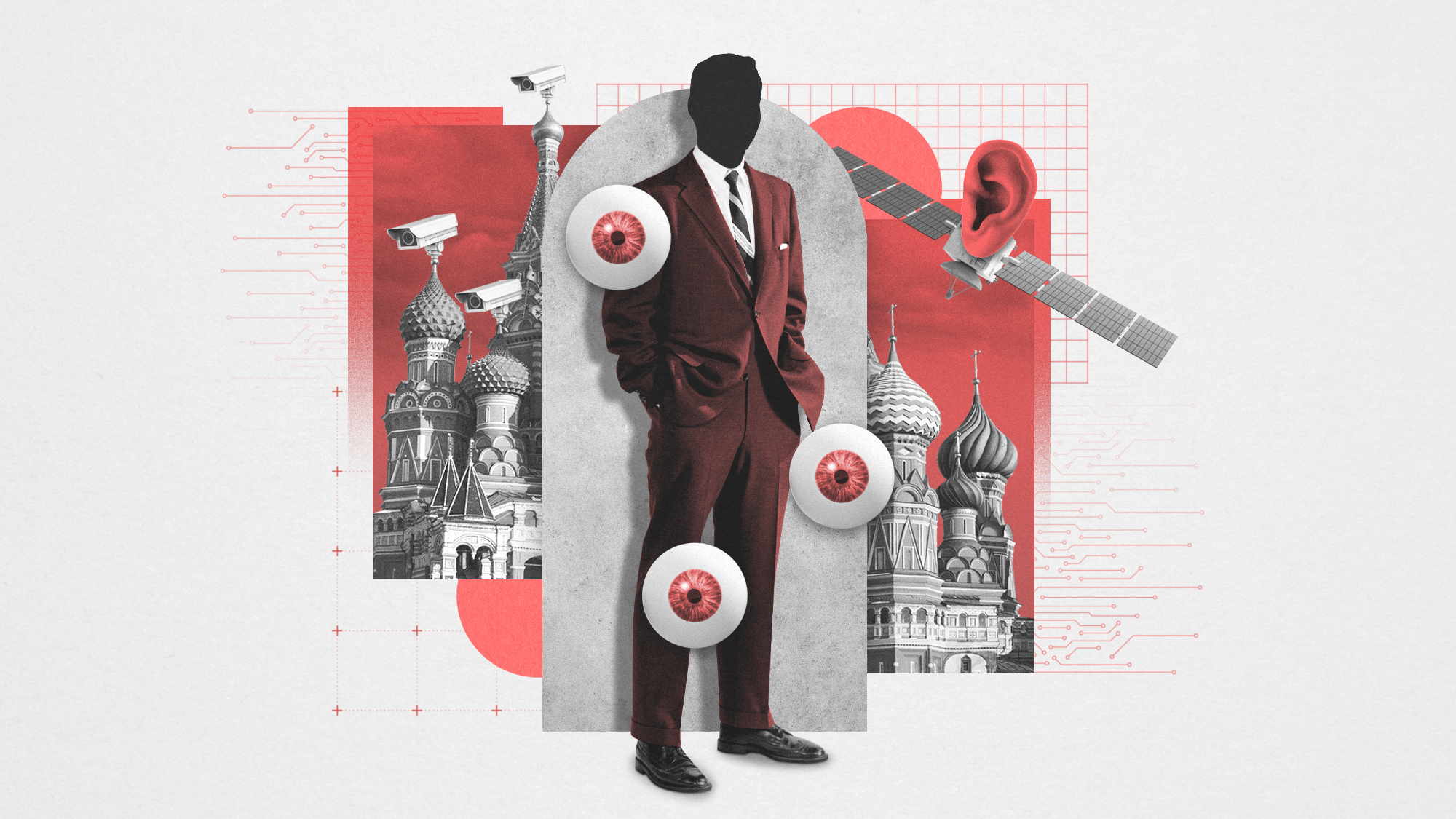 How Russia trains its deep undercover spies
How Russia trains its deep undercover spiesThe Explainer Moscow's elite 'illegal' sleeper agents pose as foreigners and live under false identities known as 'legends', often for decades
-
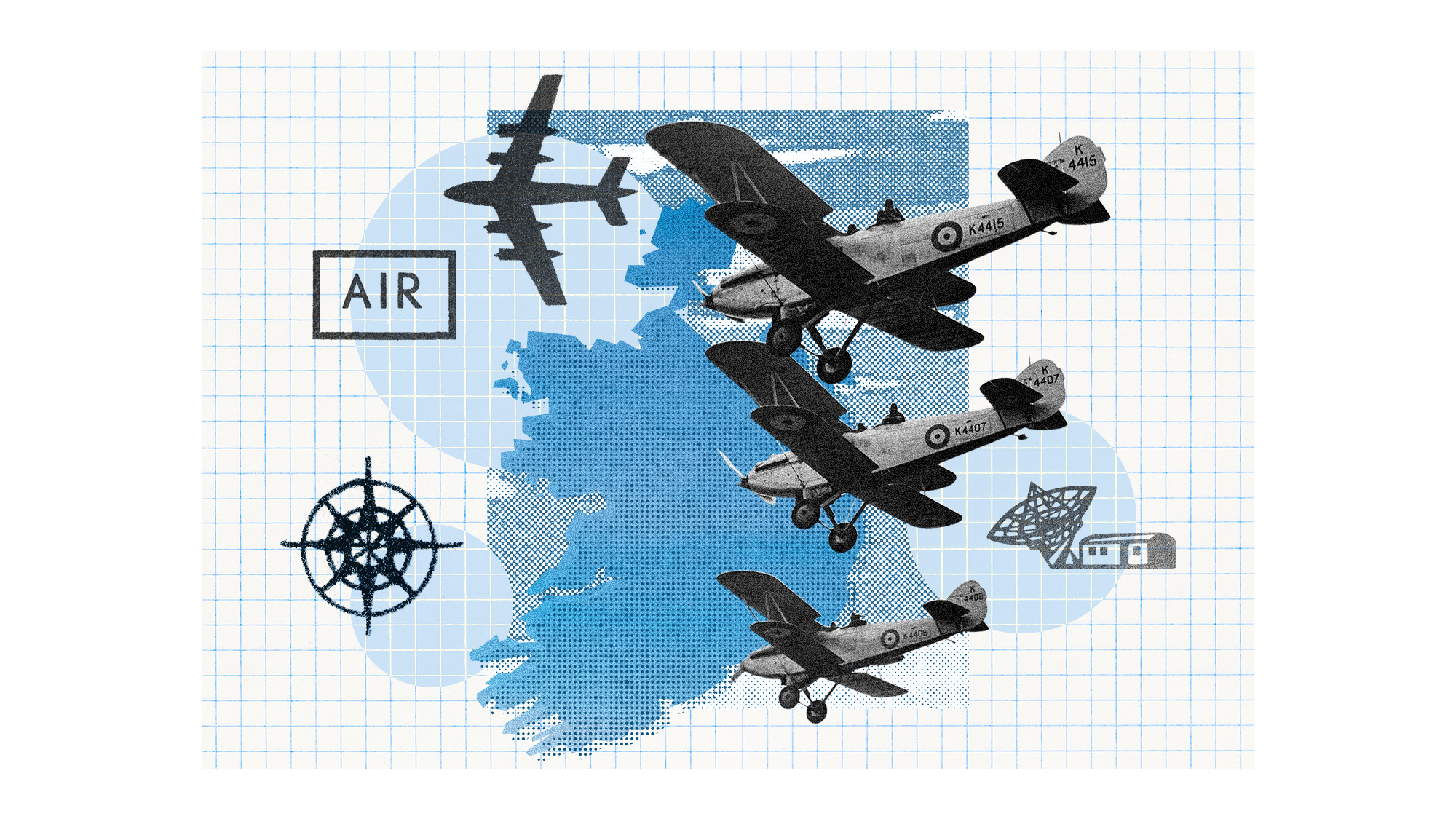 Secret plan for UK to protect Irish skies
Secret plan for UK to protect Irish skiesUnder The Radar Relations between Dublin and London have historically been strained but covert co-operation has endured for decades
-
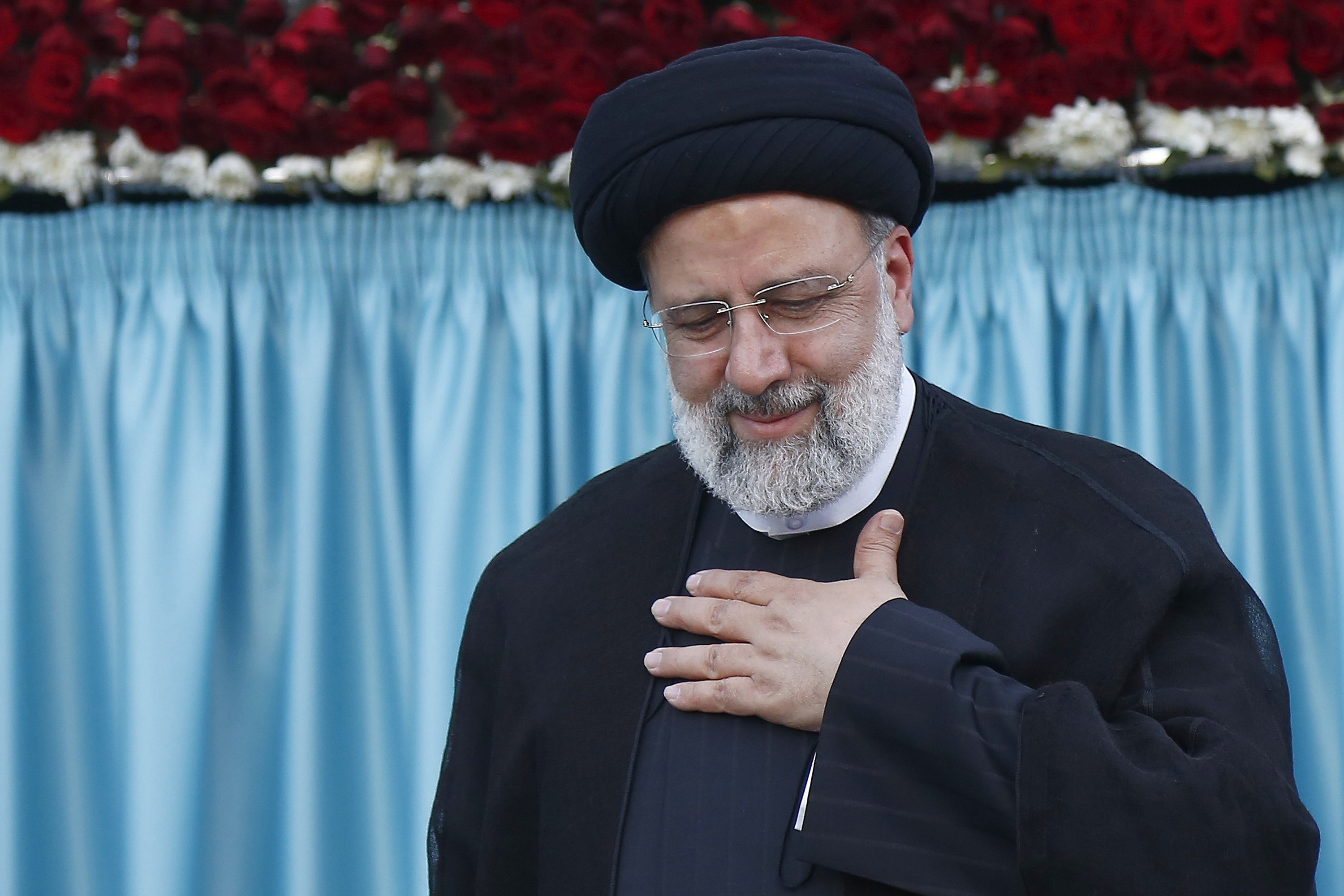 How Latin America became the battleground in Cold War 2.0
How Latin America became the battleground in Cold War 2.0feature Iran, China and Russia are strengthening ties in anti-US Cuba, Venezuela and Nicaragua
-
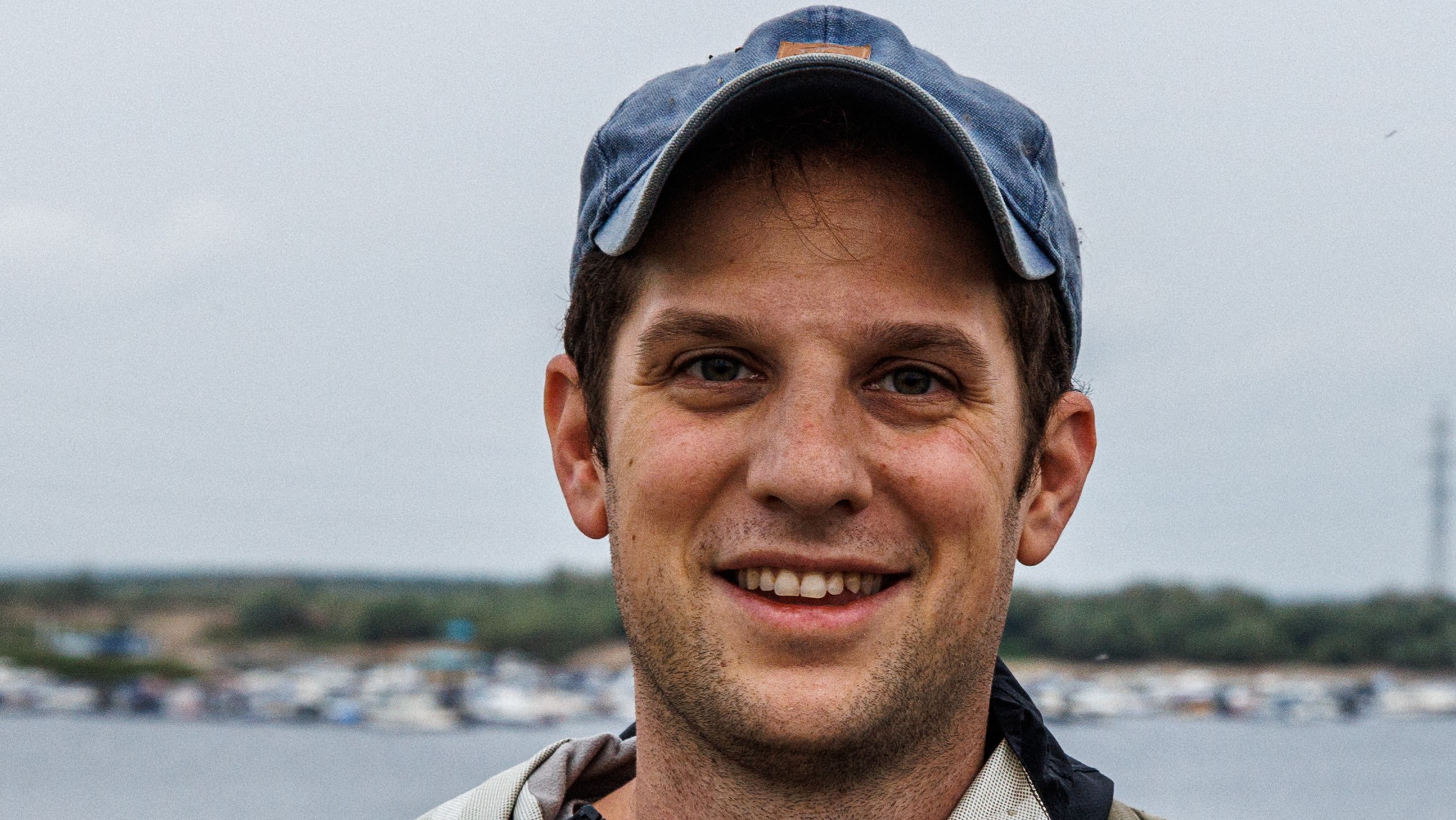 Evan Gershkovich: what does Russia want from jailing US citizens?
Evan Gershkovich: what does Russia want from jailing US citizens?Under the Radar Russian police arrested Wall Street Journal reporter on espionage charges in first such case since Cold War
-
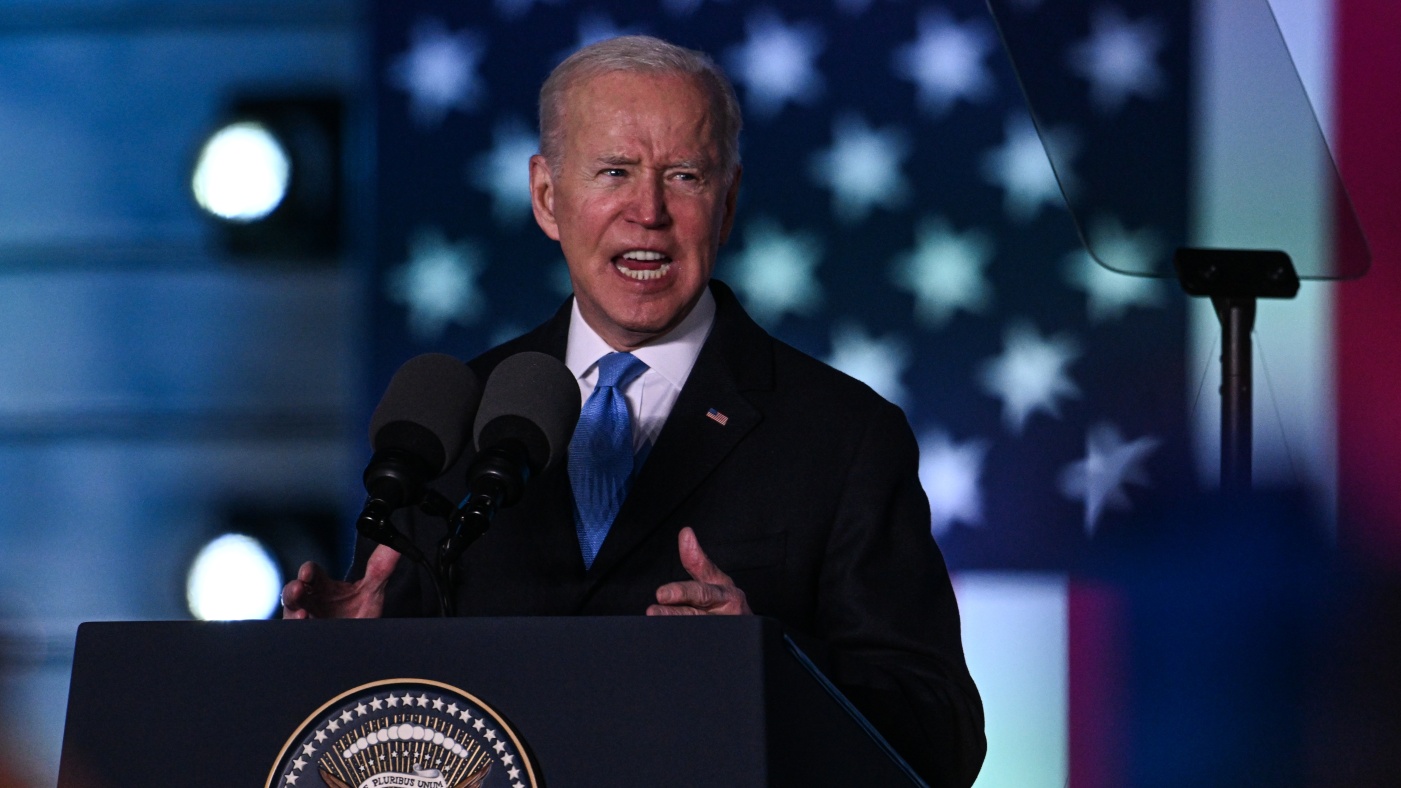 Ukraine and a post-Western world: are we entering a new era in global politics?
Ukraine and a post-Western world: are we entering a new era in global politics?Today's Big Question The war in Ukraine has revealed shifting power dynamics across the world
-
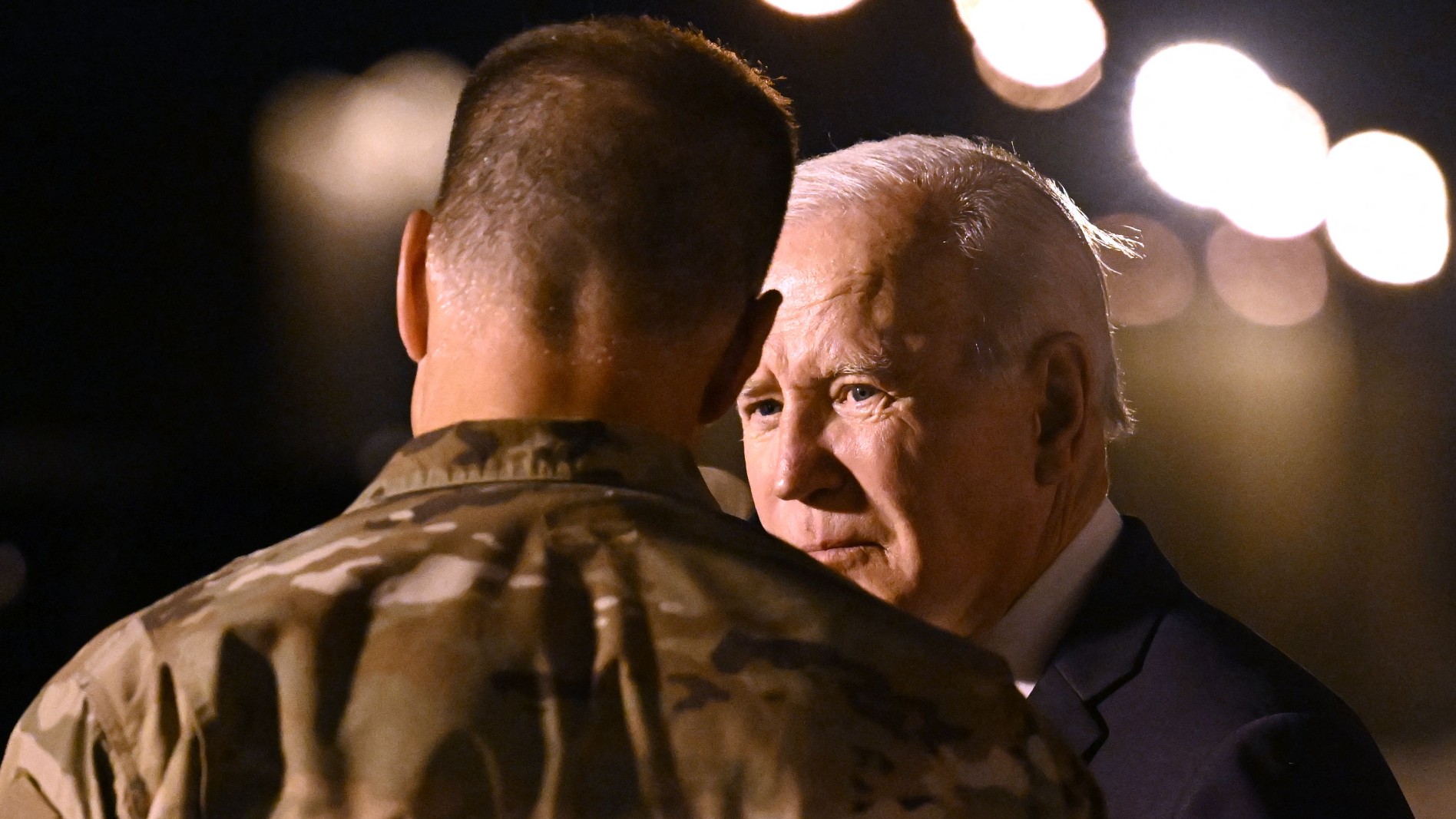 How the build-up of troops in Europe compares to the Cold War
How the build-up of troops in Europe compares to the Cold Warfeature Security expert analyses the US pledge to increase military presence in eastern Europe
-
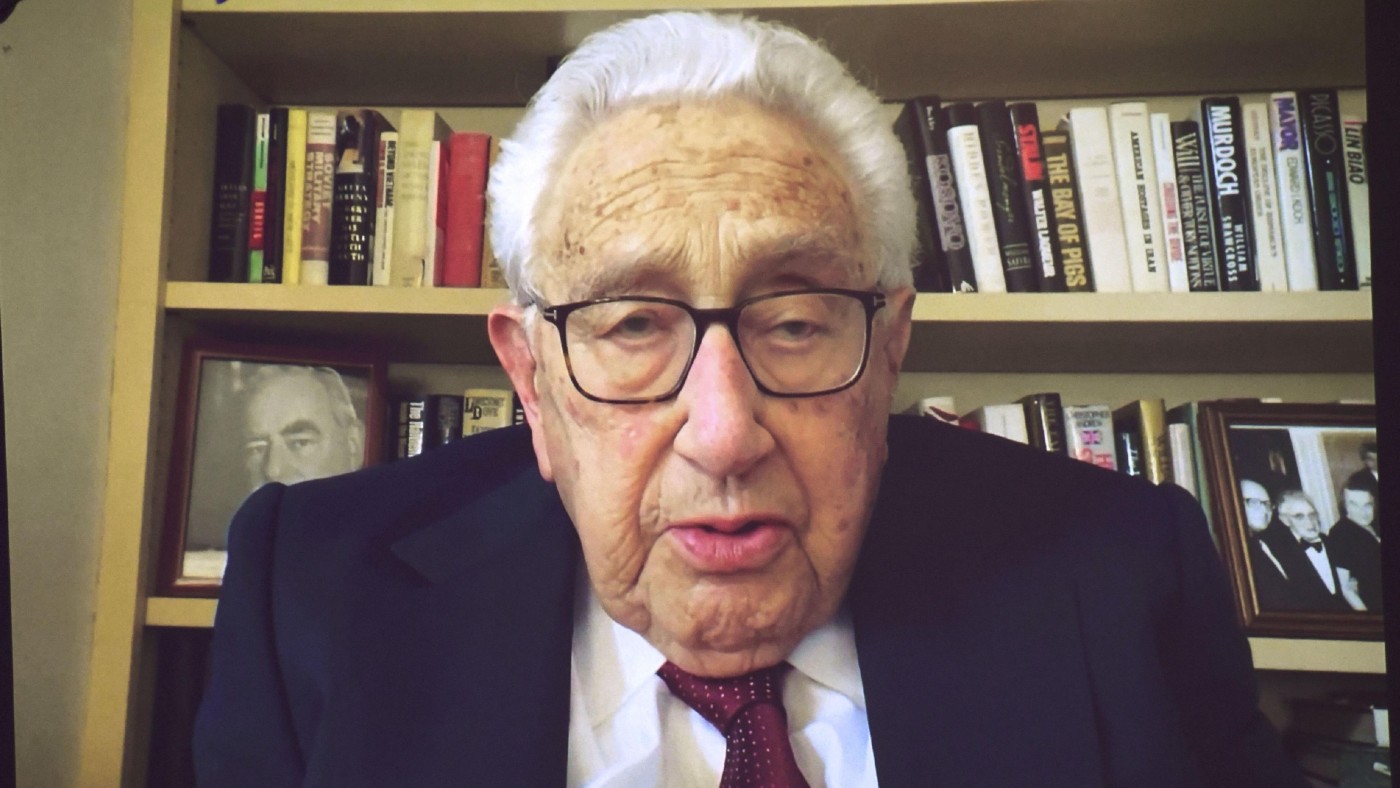 Is Henry Kissinger right about Ukraine?
Is Henry Kissinger right about Ukraine?Speed Read The US statesman made a controversial speech at a virtual Davos appearance last week